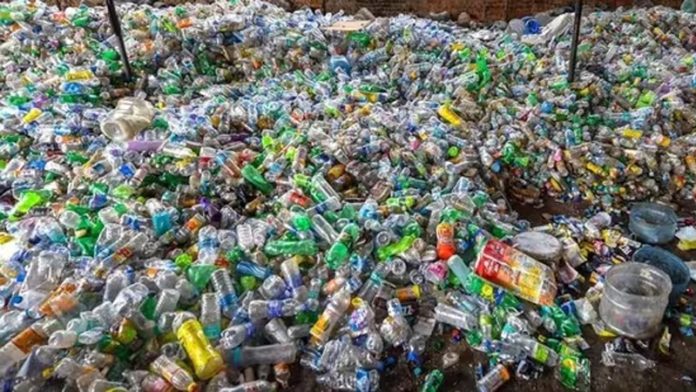The UT of Jammu and Kashmir has made commendable strides in addressing the pressing issue of plastic waste, with 32 Material Recovery Facilities currently operational. The expansion of these facilities is a vital step towards reducing the environmental degradation caused by rampant plastic pollution in the region. The latest data, showing a 52.82% recycling rate for plastic waste in 2023-24, compared to 49.95% in the previous year, is promising but also reveals the increasing challenge posed by the growing volume of plastic waste. As consumption rises, so does the burden on the infrastructure tasked with managing waste. In this context, the MRFs have been instrumental, enabling the collection, segregation, and processing of plastic waste that would otherwise end up polluting landfills, rivers, and public spaces. The efforts to recycle 77.2 MT of plastic waste this year signal a positive trajectory, but the sheer scale of waste generated calls for more aggressive interventions.
Key initiatives undertaken by the Jammu and Kashmir Pollution Control Committee, such as banning single-use plastics below 120 microns and promoting the use of alternatives like cloth bags, are steps in the right direction. The distribution of 10,000 cloth bags across districts through Corporate Social Responsibility initiatives is a noteworthy effort that raises public awareness and encourages behavioural change. Additionally, the imposition of fines against violators of plastic regulations, alongside the crackdown on SUP production and sale, further exemplifies the administration’s determination to enforce these measures. However, challenges remain. The decrease in seizures of SUPs, from 40.67 MT to 19.33 MT, suggests progress in regulation but also indicates a potential shift towards less visible, informal channels of plastic production and use. Continued vigilance is needed to ensure that plastic waste management does not falter due to lax enforcement or complacency. To sustain this momentum, further investment in infrastructure, expansion of recycling programs, and heightened public awareness are critical. Jammu and Kashmir’s proactive approach is commendable, but the journey to a plastic-free region remains far from over. Target is difficult but achievable.
Trending Now
E-Paper


